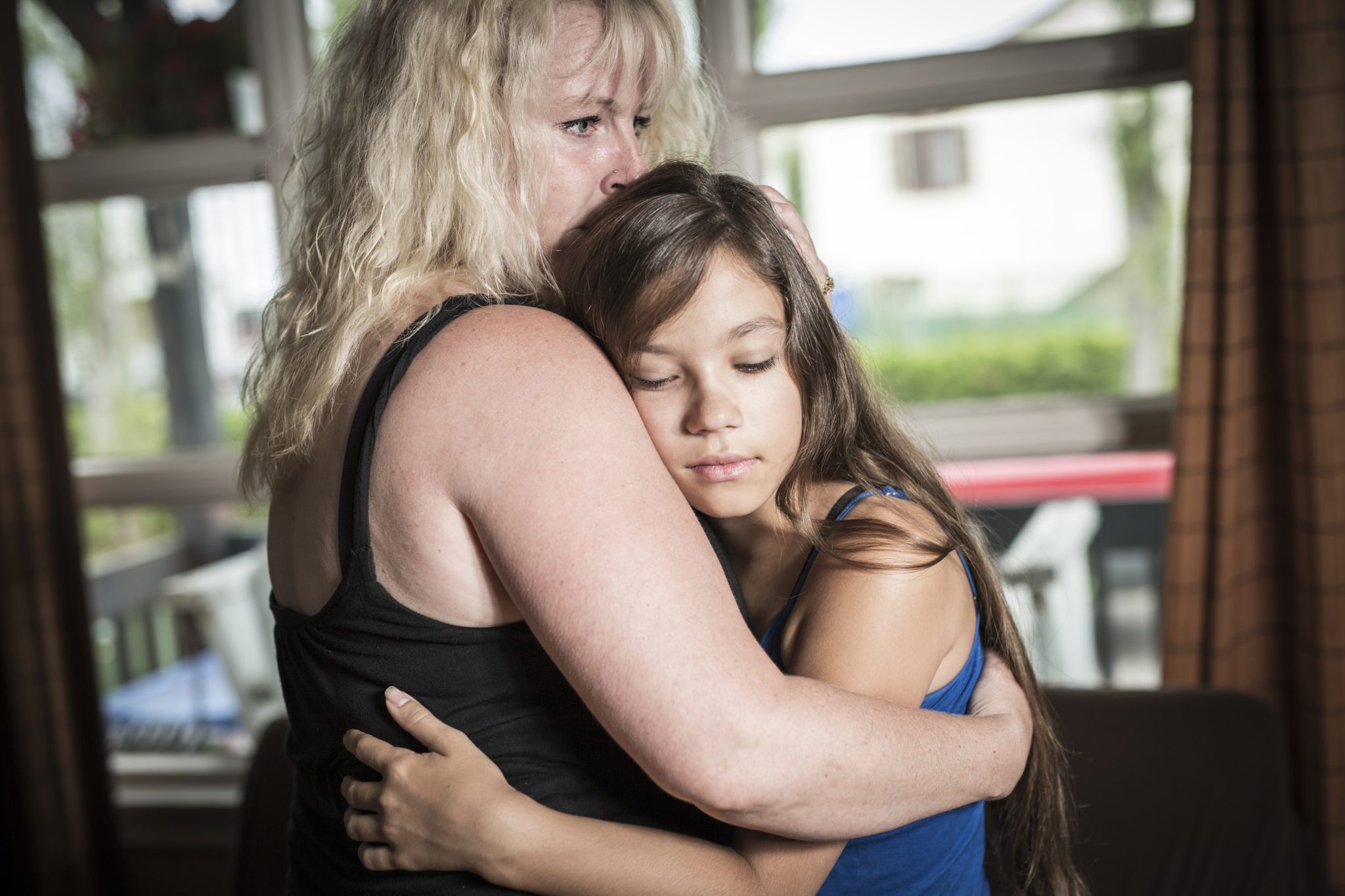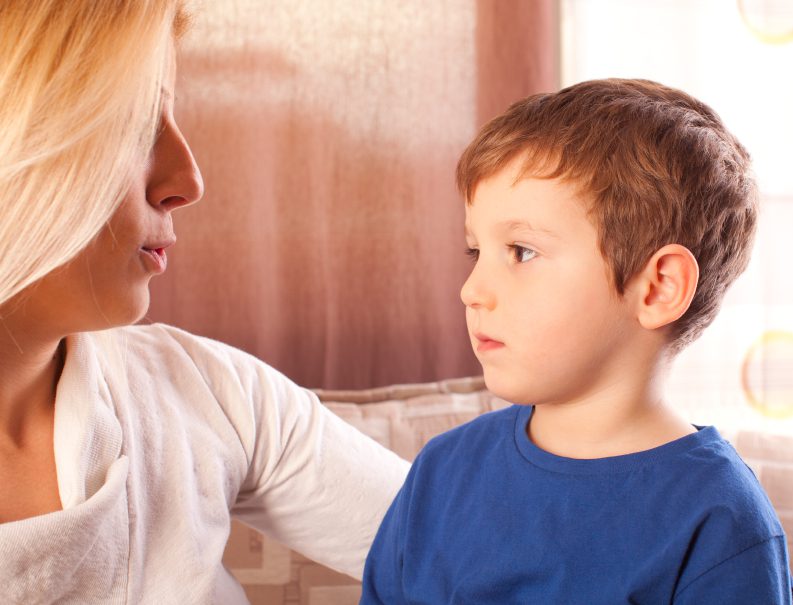Have The Rules Changed For Our Kids And Concert Going?

Posted in: Hot Topics, Parenting Concerns
Topics: Hot Topics
The bomb attack at the Ariana Grande concert in England evokes a toxic milieu of fear, anger and, worst of all, a kind of insidious fatigue. Can we once again face the same bloody stories? Can we look once again at the same piles of flowers that will inevitably gather at the site of the atrocity? Can we listen, once again, to the seemingly scripted claiming of responsibility? In short, can we continue to tolerate these sudden and barbaric intrusions?
How much more can we take?
Still, we need to acknowledge that this attack is different. This attack is different because this attack targeted a pop music venue. By definition, this means that this attack necessarily targeted children.
This attack targeted those very teens who are enjoying the precious autonomy that a night out and away from their parents affords. Concerts have long served this purpose in our culture, and it is for this reason that concerts are recalled with such unfettered nostalgic reverie.
And now we have a concert targeted by what appears to be a suicide bombing. To be sure, this isn’t the first time tragedy has occurred at a pop music venue. We don’t need to go into the examples of concerts that have gone terribly awry. What we need to do is acknowledge that this particular tragedy is different from those other examples. If one detonates a bomb at a pop music concert, one is, by definition, detonating children.
So now we have a new kind of dilemma. If concerts have made their way onto the list of bombing targets, and if concerts are to remain a central component of those special places where we allow our teens to feel unencumbered by adult supervision, how are we as parents to respond?
In some ways, the solutions to this hand wringing are actually more familiar than we might at first think. We have always had to fortify our children so that they can feel comfortable progressing along the developmental trajectory into adulthood. At the same time, we have always had to be mindful to balance our preparations with all of the risks that this parental unshackling entails. This has been part of parenting since we’ve endeavored as a species to parent in the first place.
Still, we’d be silly now not to wonder.
Is there something unique about this moment for parents?
There are in fact real time considerations. There’s a concert this weekend in Boston. Do you let your kids go? As a matter of fact, there’s a concert this weekend in almost every city in this nation and throughout Europe and around the globe. Have the rules changed? Do our children still get to attend?
There are of course no easy answers. One is tempted to advise that we cannot live in fear. Indeed, there is truth to this sentiment. We can’t put our children’s’ lives on hold. We do our children no favors and arguably we fall short in our roles as parents if we succumb to fear. This is because this kind of fear will fail to engender the very independence that our kids need to inherit our troubled world.
But we must also be practical. As the dust settles on the horrible events in Manchester, parents will inevitably ask if the game has changed.
So let’s be practical.
There will still be concerts. And concerts are meant to be and will remain hugely enjoyable. Kids will continue to utilize these venues as a means of spreading their wings, and we would be wrong and ill advised to clip those wings. Unless things change drastically at concert after concert, we must ask ourselves some very important question.
Do we want our children to grow up frightened and in the dark? Or do we want our children to emerge into adulthood aware of the risks but also relishing the independence that comes with risks reasonably taken?
I’d argue, both as a parent and as a child psychiatrist, powerfully for the latter. We need our children to appreciate that the world is far from perfect, but that it would be much less perfect if we choose instead to wrap ourselves in the misleading bubble-pack of avoidance and fear.
Don’t be cavalier. Do your due diligence. Research the security of an event. Be available to your teens for questions. Ask your kids if they have concerns. Arrange a check-in time via phone or text. Create a contingency plan should you need to get in touch. These bits of advice are nothing new, but they are worth remembering when it feels that the playing field has so drastically changed.
Because even if the field has changed, we still need to help our kids to take the field.
– A version of this blog was originally appeared and was written by the author on WBUR’s CommonHealth.

 Share
Share Tweet
Tweet





